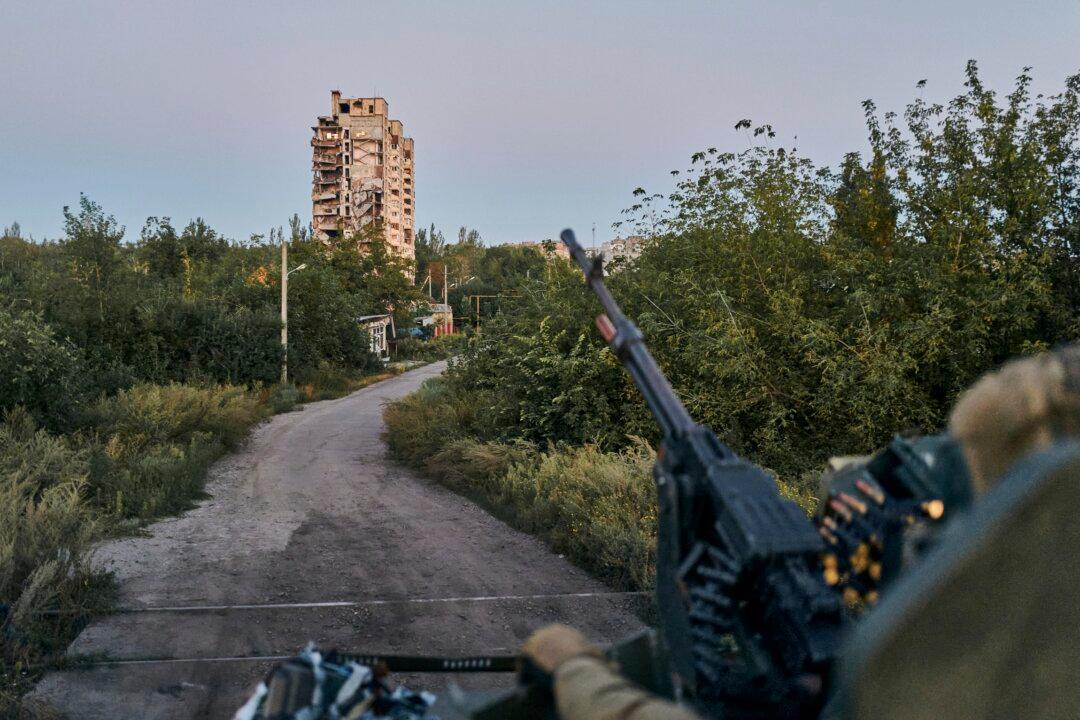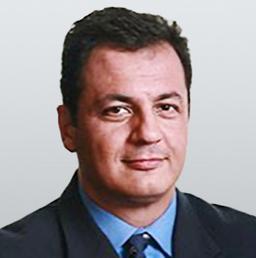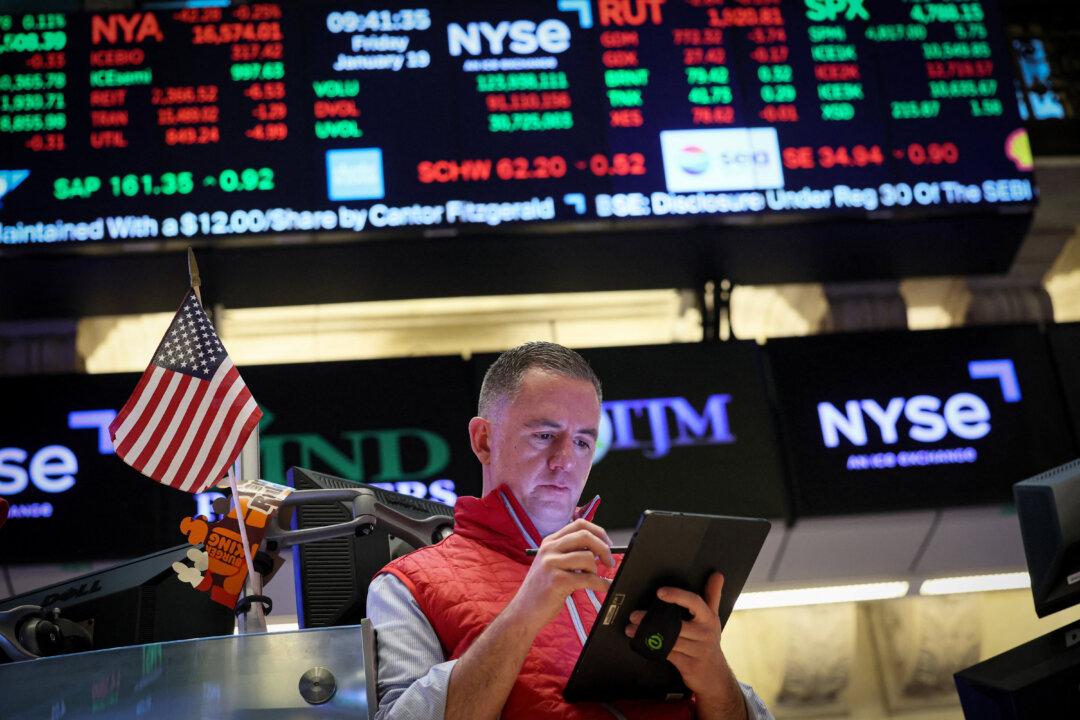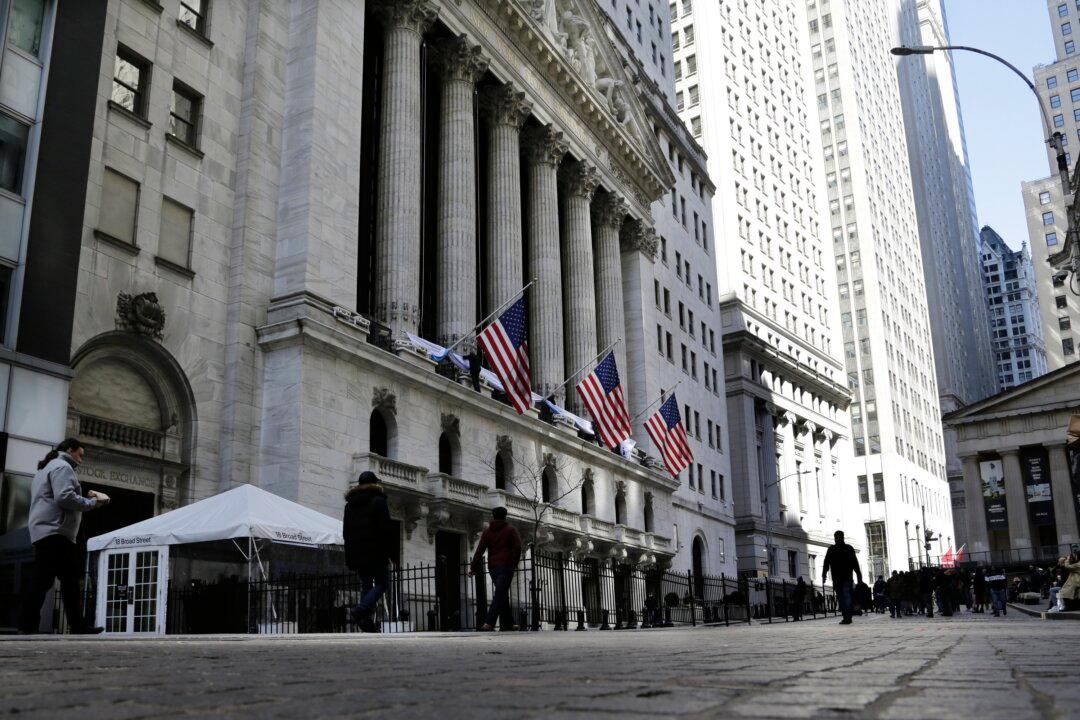Commentary
With the Israel-Hamas situation somewhat loosely contained to the Gaza Strip for now, notwithstanding Houthi drones and attacks on U.S. military bases in the region, along with Israel and Hezbollah exchanging rocket fire, such actions have not moved either stocks or bonds of late. Neither has the stalemate in Ukraine. That all can change with the coming Russian presidential election in mid-March.




